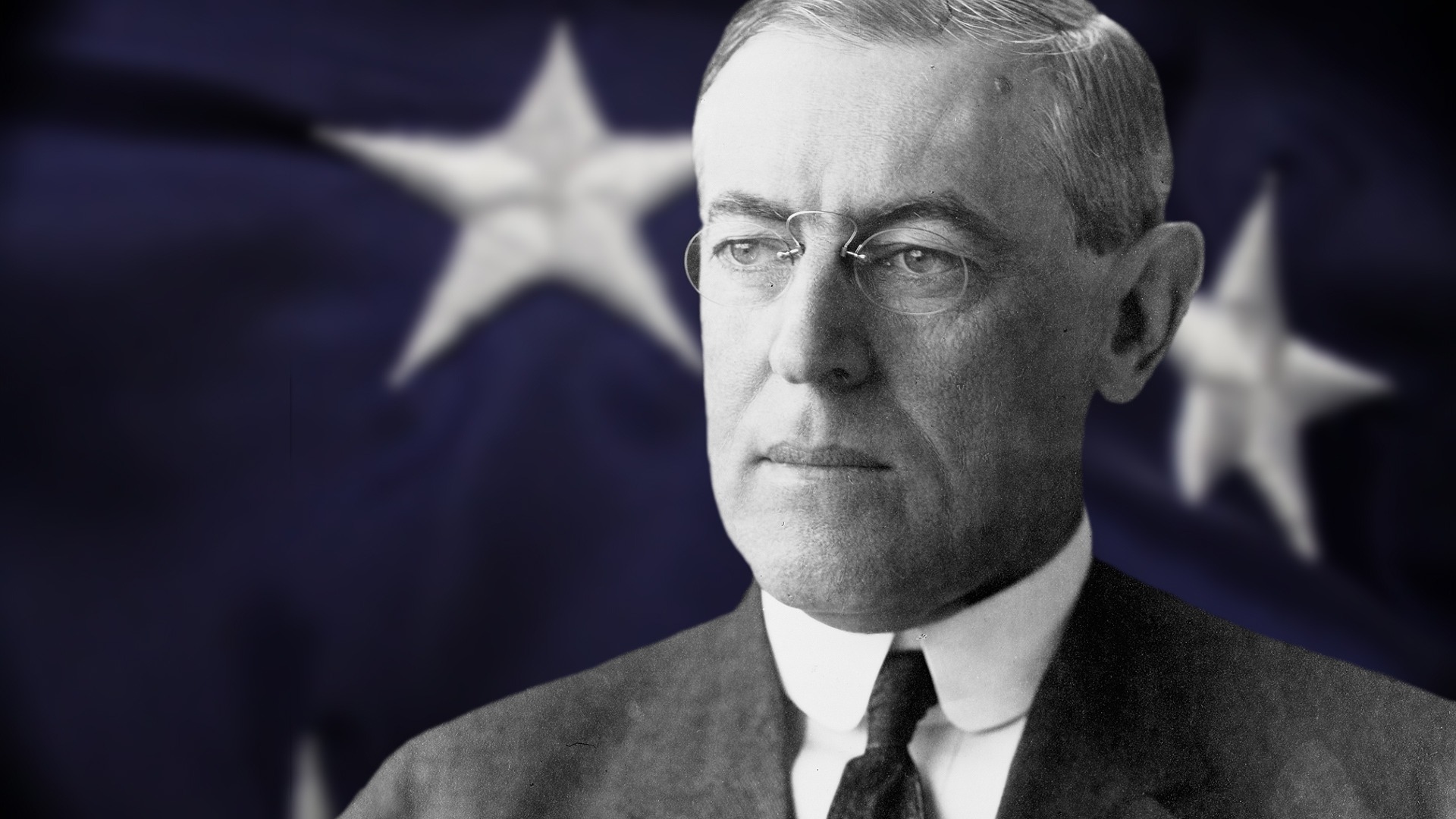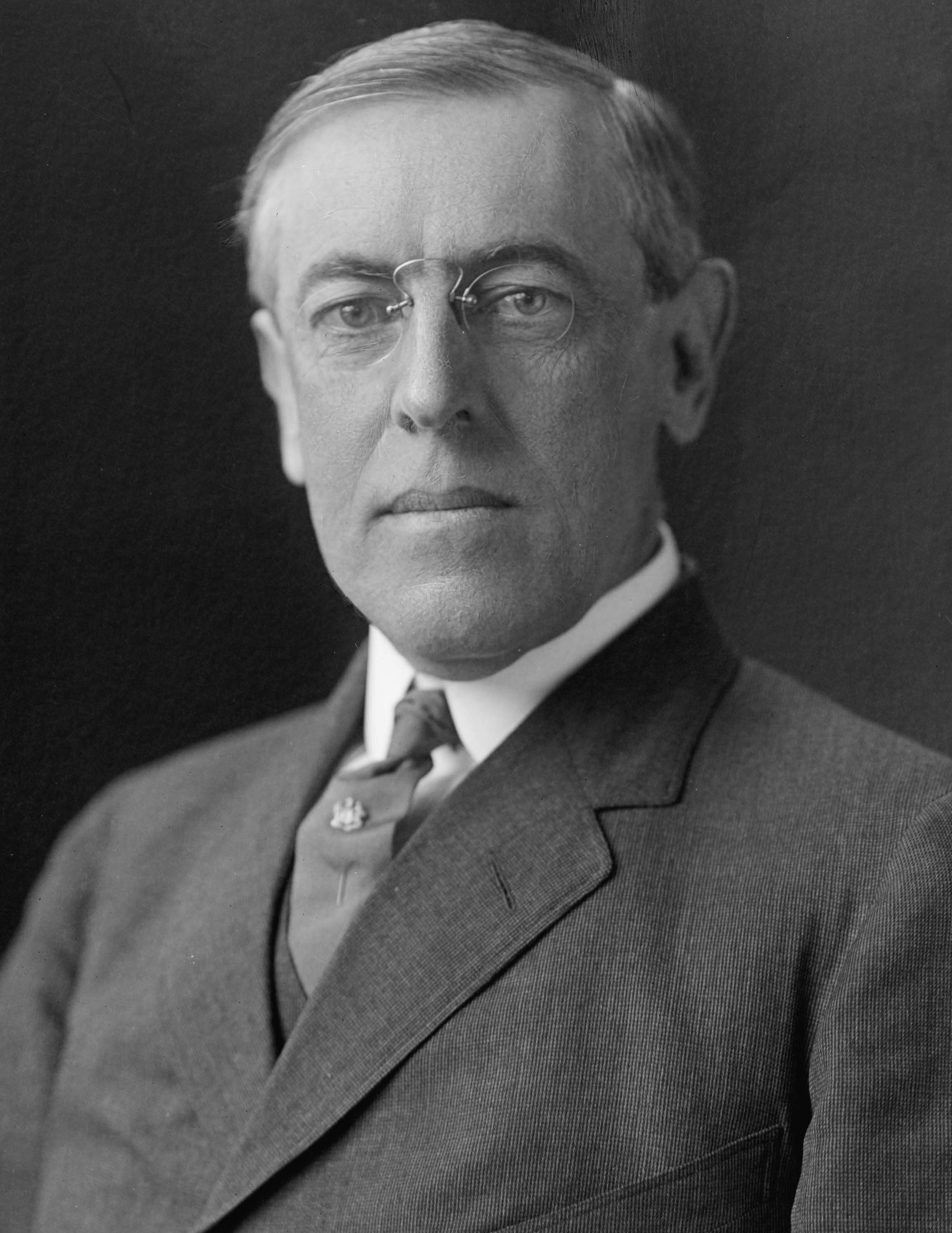Woodrow Wilson: The Idealist President and the League of Nations
Woodrow Wilson, the 28th President of the United States, emerged as a pivotal figure during a tumultuous era marked by world war and the quest for international cooperation. His unwavering idealism and commitment to global peace led him to advocate for the establishment of the League of Nations, a precursor to the United Nations. While Wilson's legacy as a peacemaker is undeniable, his advocacy for the League of Nations has been met with both praise and criticism. This essay will critically examine the complexities of Woodrow Wilson and his role in the formation of the League of Nations, exploring the motivations, successes, and challenges that shaped this significant chapter in international relations.
The Genesis of an Ideal: Wilson's Vision for World Peace
Woodrow Wilson's worldview was deeply rooted in the principles of liberalism and progressive reform. He believed that international cooperation and the renunciation of war were essential for the advancement of civilization. In his book, "The New Freedom" (1913), he outlined his vision for a "new world order" based on democracy, self-determination, and the peaceful resolution of conflicts.
As the United States entered World War I in 1917, Wilson saw an opportunity to translate his ideals into reality. He articulated his Fourteen Points, a plan for a just and lasting peace, which included the establishment of a "general association of nations" to prevent future wars. In his war message to Congress, Wilson declared that the world must be made "safe for democracy" and that the war was fought not for territorial gain but for the triumph of universal principles.
The Creation and Mission of the League of Nations
After the war, Wilson played a leading role in the negotiations at the Paris Peace Conference. His persistence and diplomatic skills were instrumental in the creation of the League of Nations, which was incorporated into the Treaty of Versailles. The League's mission was to promote international cooperation, prevent war, and resolve disputes through negotiation and arbitration.
The League of Nations had three main bodies: an Assembly, a Council, and a Secretariat. The Assembly included representatives from all member states, while the Council was composed of permanent and non-permanent members. The Secretariat was responsible for the day-to-day operations of the League.
Successes and Limitations: Assessing the League's Impact
The League of Nations achieved some notable successes in its early years. It played a role in mediating international disputes, including the Åland Islands dispute between Finland and Sweden. It established the International Labour Organization to promote social justice and improved working conditions. It also engaged in humanitarian work, providing aid to refugees and fighting global epidemics.
However, the League also faced significant challenges and limitations. It lacked universal membership, as the United States and some other major powers did not join. The League had limited authority to enforce its decisions, and its attempts to prevent conflicts were often ineffective. Furthermore, the rise of nationalism and isolationism in the 1930s undermined the League's ability to maintain international peace and order.
Wilson's Legacy: A Complex and Controversial Figure
Woodrow Wilson's advocacy for the League of Nations was a bold and ambitious endeavor. It reflected his deep belief in the possibility of a world governed by reason and cooperation. While the League had its shortcomings, it laid the groundwork for future international organizations and remains a symbol of the hope for global peace.
However, Wilson's legacy is also complex and controversial. Critics argue that his idealistic vision was unrealistic and that his failure to achieve ratification of the Treaty of Versailles by the United States Senate weakened the League from the outset. Furthermore, some historians have suggested that Wilson's focus on internationalism distracted him from domestic issues, contributing to social unrest and economic problems in the United States.
Conclusion: Reflecting on the Lessons of History
Woodrow Wilson's advocacy for the League of Nations was a watershed moment in the history of international relations. His idealism and belief in the transformative power of collective security continue to inspire those who strive for a more peaceful and cooperative world. Yet, the challenges faced by the League serve as a sobering reminder of the difficulties of translating lofty ideals into practical realities.
By critically examining the complexities of Woodrow Wilson and his role in the formation of the League of Nations, we can gain valuable insights into the complexities of international cooperation, the challenges of idealism, and the enduring quest for world peace.
Novak Djokovic: The Serbian Ace Who Rewrote Tennis History
Harrison Ford: The Iconic Star Of Star Wars And Indiana Jones
George Clooney: The Suave Leading Man Who Became A Philanthropist



